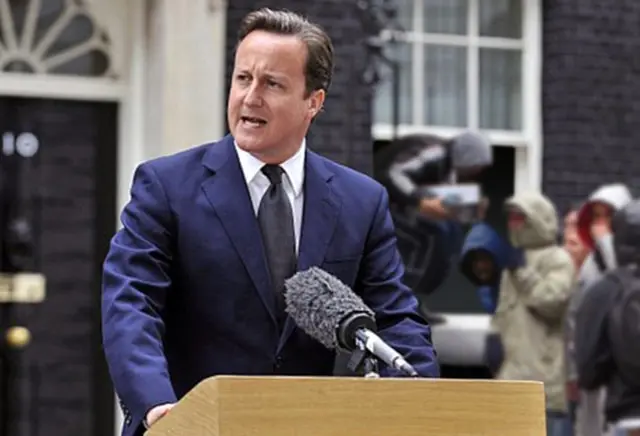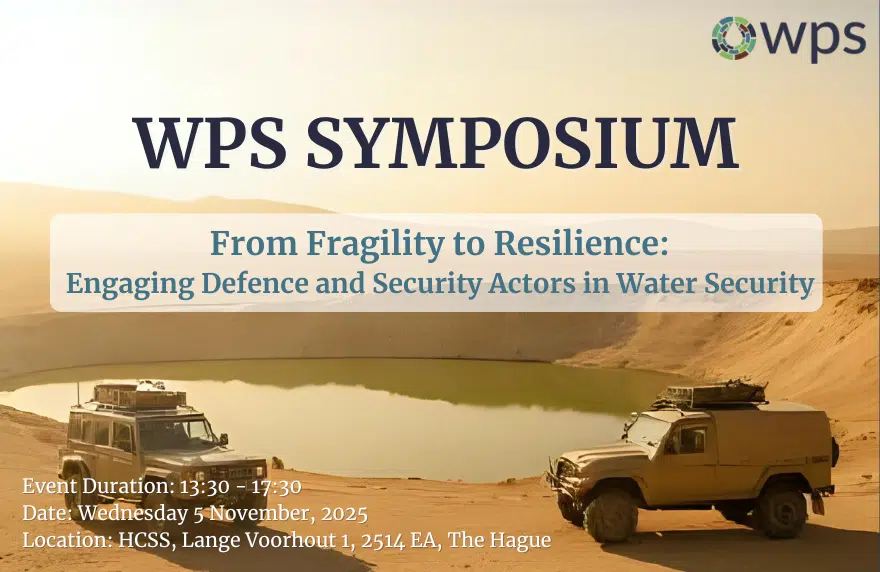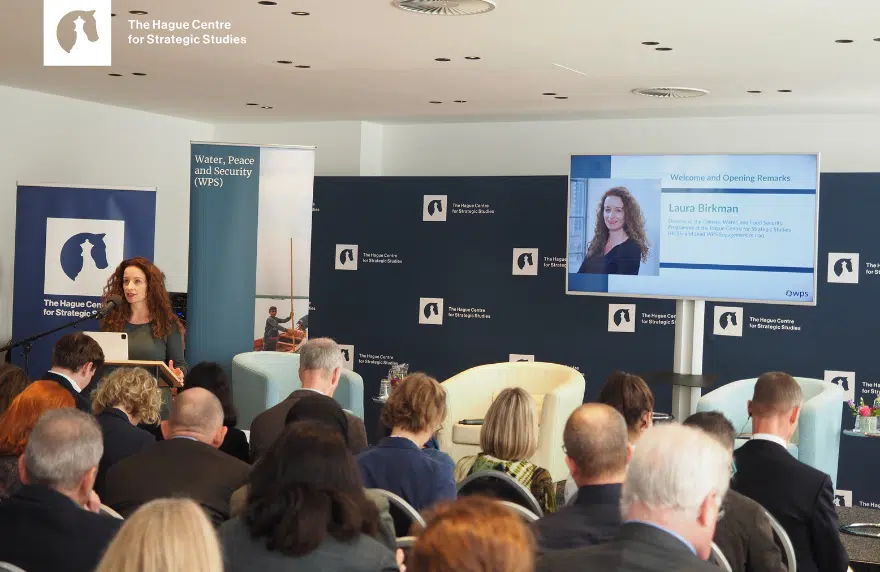By Rob de Wijk – This article was written in response to the discussion paper, ‘Scotland and Brexit: Shockwaves will spread across EU’ by Kirsty Hughes, Associate Fellow at Friends of Europe.
Following his ‘victory’ in Brussels, UK Prime Minister David Cameron explained outside 10 Downing Street that ‘our plan gives us the best of both worlds.’ This plan not only underlined Britain’s special status, but also that in a reformed Europe, Britain would have ‘full access to the free trade single market, bringing jobs, investment and lower prices.’ The Prime Minister argued that his newly obtained special status meant that ‘we will never join the euro, we will never be part of eurozone bailouts, never be part of the passport-free no border area or a European army or a European super state.’
Crucially, Cameron argued that ‘leaving Europe would threaten our economic and national security.’ Indeed it would. For that reason, it is remarkable that his continental colleagues did not say to him, ‘Dear David, as leaving the Union threatens Britain’s security, we are not willing to discuss a new deal. This is your problem. Full stop.’ As the final deal provides a step towards the European Union’s gradual disintegration, this would have been a better strategy for the Union as a whole. For Cameron, explaining that leaving the Union threatens Britain’s economic and national security would have been a far better strategy than a symbolic deal that cannot for its contents be defended.
Why has Cameron put Britain’s national and economic security at risk? First, for historical, cultural and geographical reasons, the British have always considered themselves special. Second, a ‘Leave’ vote suggests that the disintegrated British Empire is still ruling the globe. Less than a hundred years ago, the British Empire covered a quarter of the globe’s total land area. Beginning with the very costly Boer Wars in the late 19th century, the British saw their position erode. By the start of the 20th century, the United States had begun to challenge Britain’s position. Two world wars brought the British Empire to the verge of bankruptcy, starting the process of decolonisation. What remained was a United Kingdom and a Commonwealth of Nations, a free association of independent states. Now, the United Kingdom itself is under threat. A ‘Leave’ vote will trigger a new debate on Scottish independence. What is left of the British Empire will be a rump state England.
Third, as the British think they are special, they tend to ignore the new geopolitical realities. Until recently, the rise of the United States compensated for Britain’s loss of global influence. But the power of the West as a whole is eroding, leaving nothing to compensate for Britain’s further loss of power. Britain outside the EU could focus more on the Commonwealth of Nations, especially India. But apart from having a seat at the United Nations Security Council, Britain – or the United Kingdom of England, Wales and Northern Ireland after Scottish independence – has little to offer.
Feng Zhongping, the Assistant President of the China Institute of Contemporary International Relations, has argued that ‘from China’s point of view, we don’t think that the UK, or France, or Germany or any single European country can play a global role. But the EU is different. It is the biggest market, and China’s biggest trade partner. The EU is seen as a major power in the world. If the UK left, it would hurt the UK much more than the EU.’ Feng is right.
Due to budget cuts, the Falklands War of 1982 is a naval operation that cannot be repeated. The Iraq War of 2003 already demonstrated that Britain lacks the capabilities for credible expeditionary warfare. In addition, Brexit will most likely lead to economic stagnation. Almost all studies on the economic consequences of Brexit indicate a net loss to the British economy. As the global economy stagnates and the coming internet-of-things revolution has a negative impact on employment figures, the possible economic gains of a Brexit are likely to be nullified.
A vote to leave the EU threatens Britain’s economic and national security. As David Cameron pledged to hold the referendum during his electoral campaign, Brexit shows again that politicians are willing to put national security at risk for electoral purposes. Cameron can still win the referendum. But as Britain’s former Minister for Europe, Denis MacShane, rightly observed, no major referendum on Europe anywhere in the last 15 years has voted in favour. This is a sobering thought.
This article was published on Europe’s World.
Photo credit: Brett Jordan via Foter.com / CC BY





